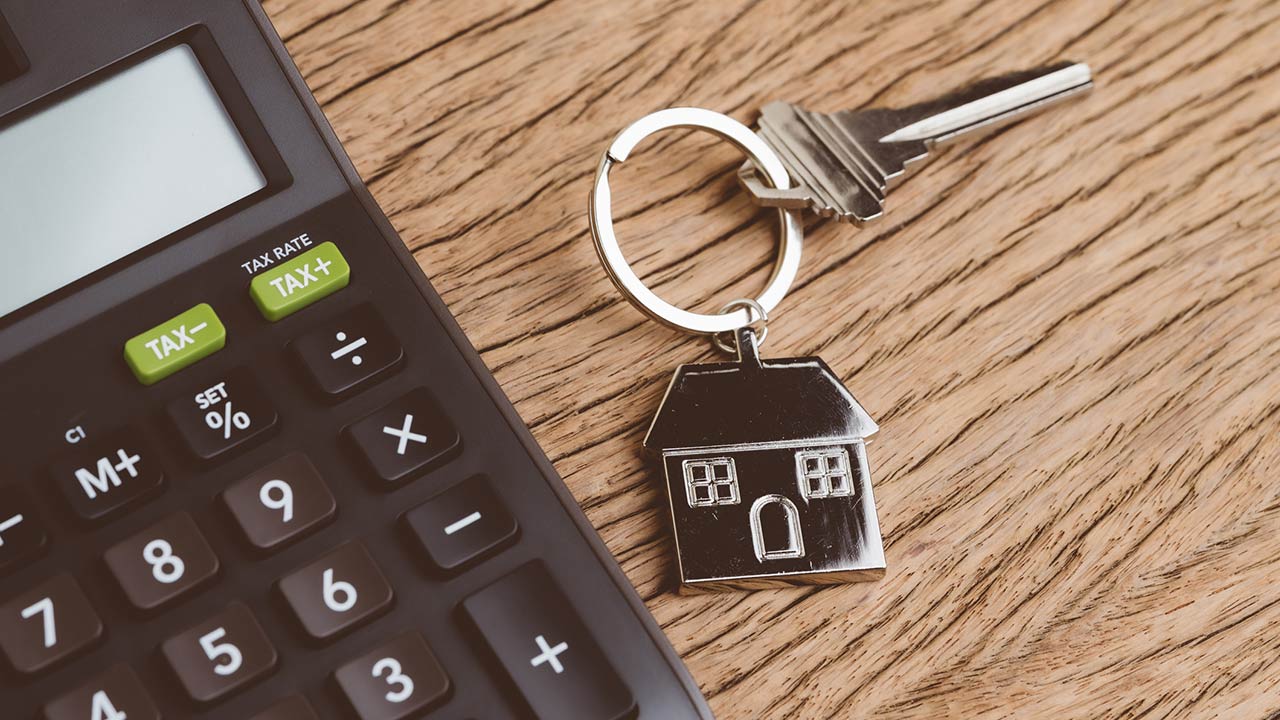6 Reasons Why a Mortgage Refinance Could Work For You
If you’ve built up a certain amount of equity in your home, you might be eligible to refinance your mortgage. Refinancing basically involves getting a new mortgage to replace the original one. The first loan is paid off, then a second loan is created, usually at a much lower interest rate.

Refinancing isn’t for everyone, nor can just anyone even be eligible for it. But for many homeowners, refinancing can be an ideal opportunity to save money and pay off debt faster.
Here are 6 reasons why you might want to consider refinancing your mortgage.
1. Take Advantage of a Lower Interest Rate
The main reason to refinance your mortgage – and the most obvious one – is to take advantage of a lower interest rate. It’s been years now that interest rates have been hovering at record lows, so now’s as good a time as ever to tap into these reduced rates to save a bundle by the end of your amortization period. You can get a 30-year mortgage at just over 3% right now, and an even lower rate with a 15-year loan.
If you locked in at a high rate when you first got approved for your mortgage, now might be a prime time to consider refinancing. You could literally be saving thousands upon thousands of dollars just by spending a few hours to fill out some paperwork and hand in the necessary documents to your lender.

2. Shorten Your Mortgage Loan Term
The longer your mortgage term and amortization period, the more money you’l be dishing out in interest at the end of the day. By refinancing at today’s low interest rates, you just might find that a 20-year loan is not that much more expensive than a 30-year loan.
Get in touch with a mortgage broker, or find an online mortgage calculator to plug in some numbers to see just what the difference would be. If the estimate you get is feasible for you, consider getting in touch with a mortgage specialist who can help you iron out all the details to get you refinanced, and shorten your loan period.
3. Cash Out Your Home Equity
Let’s face it – everyone’s got a huge expense that they face on occasion. Tuition fees, emergency medical expenses, home renovations, investment property purchases and starting a new business are all examples of expenses that require a huge stack of Benjamins up front. Not everyone has that kind of liquid cash laying around, but many do have the money in their home’s equity.
The longer your home has been appreciating in value and the more money you’ve been paying towards your principle will add to your home’s equity. It might make sense in certain scenarios to cash out on this equity to pay for some of life’s more costly expenses. It mainly depends on what you’re trying to do, and if you are the type of person who is able to manage debt responsibly.
4. Consolidate Your Debt
If you’re like most Americans, you’ve probably got a variety of bills to manage and pay every month. And some may not necessarily be due at the same time each month, making it more challenging to remember to pay your bills. Miss a payment, and not only will you be charged a late fee, but your credit score will also be affected. Not only that, but some of your bills are probably attached to a sky-high interest rate. Credit cards in particular are known to charge borrowers exorbitant rates, some as high as 20%.

By consolidating your debts and using your home equity to secure a loan, you can take advantage of a lower interest rate by using the equity you’ve built in your home as security. This will give you the convenience of having to only worry about one consolidated payment instead of several bills. You’ll also end up paying less in the long run thanks to the lower interest rate that typically comes with this set-up.
5. Cash Out to Purchase Investment Property
A trend that has been emerging among home owners lately is taking money out of home equity to buy investment properties. Refinancing your mortgage to buy other real estate can help you build wealth through investments you otherwise wouldn’t have been able to afford to make.
Of course, these types of endeavors require careful considerations, including tax or mortgage underwriting issues. Speaking with a mortgage broker or real estate agent will help you figure out if this is something you can swing without exposing yourself to a high amount of risk.

6. Ditch the Adjustable-Rate and Lock Into a Fixed One
If your current mortgage has an adjustable rate, you might want to consider refinancing to lock into a fixed one instead. Interest rates might be super low right now, but they won’t necessarily stay that way.
Locking into a fixed-rate mortgage at a low rate can help protect you from any crazy fluctuations in interest rates which will cost you dearly in the long run. Not only that, but it’s a lot easier to plan and budget for fixed payments compared to volatile ones.
Refinancing can be the ideal solution for you, but you definitely need to carefully consider all angles before you take the plunge. Weigh out the pros and cons of your specific financial position and make a decision that will address your best interests. Take the time to sit down with a mortgage specialist to iron out all the nitty gritty to see if refinancing is right for you.








